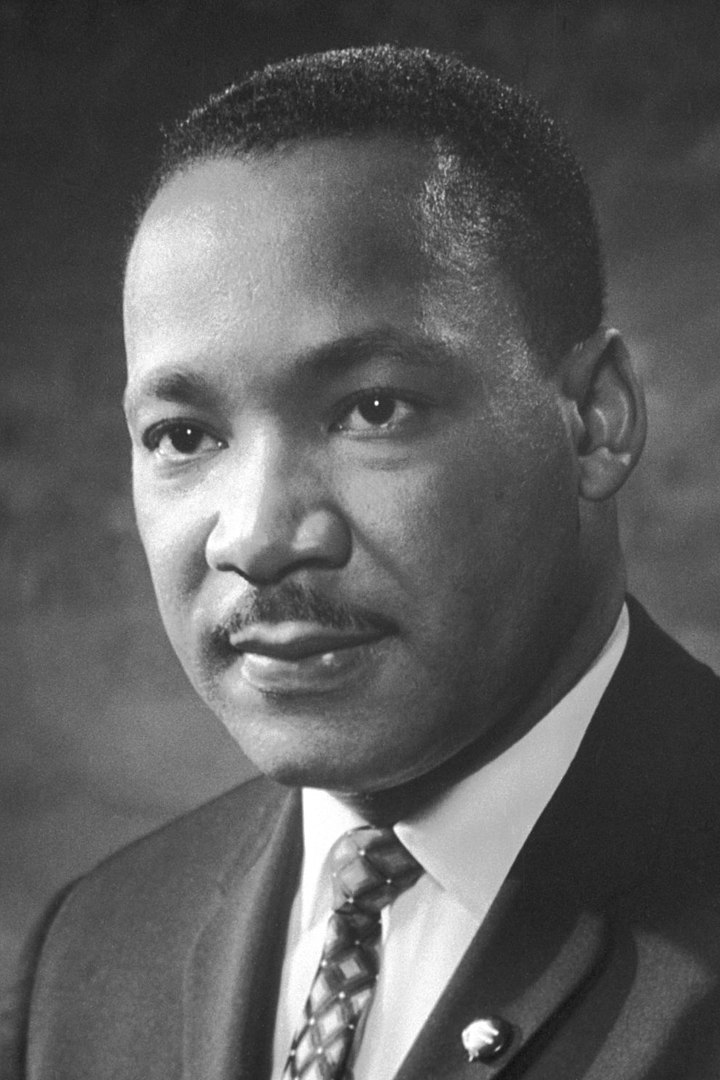The Reverend Dr. Martin Luther King, Jr., the great civil rights icon, fought hard for the right to vote for all Americans. He did so in the deep South where Jim Crow laws made it impossible for Blacks to exercise their rights to vote.

As we celebrate Martin Luther King Day, it is hopeful United States senators from both political parties will take time to reflect on the life and death of Dr. King, who ultimately gave his life in the fight against social injustices.
Suppressing the right to vote for people of color is a major injustice across the country.
According to the Brennan Center for Justice, during 2021 more than 425 bills that seek to restrict voting access were introduced in 49 state legislatures.
Want more Native News? Get the free daily newsletter today.
Some of the bills became state laws. In Georgia, it is a crime for an individual to hand out water or snacks to people waiting in lines to vote. Other states have made it illegal for individuals to return ballots on behalf of voters who may need assistance, such as shut-ins or individuals with disabilities.
Last June, prior to the 2020 presidential election, the Native American Rights Fund (NARF) released its 176-page Obstacles at Every Turn: Barriers to Political Participation Faced by Native American Voters.
“Regardless of whether they live in urban or rural areas, members of the 574 federally recognized tribes face many contemporary barriers to political participation. Although many other American voters share some of these obstacles, no other racial or ethnic group faces the combined weight of these barriers to the same degree as Native voters in Indian Country,” the report says.
The report cites several factors that discourage political participation in elections. Among the factors are (1) geographical isolation; (2) physical and natural barriers; (3) poorly maintained or non-existent roads; (4) distance and limited hours of government offices; (5) technological barriers and the digital divide; (6) low levels of educational attainment; (7) depressed socio-economic conditions; (8) homelessness and housing insecurity; (9) non-traditional mailing addresses such as post office boxes; (10) lack of funding for elections; (11) and discrimination against Native Americans.
U.S. Secretary Deb Haaland (Laguna Pueblo) labels the right to vote as sacred. Last summer during a forum with Vice President Kamala Harris, she recounted her own experience in working to ensure that the Native vote was cast in New Mexico.
“I would show up to community gatherings with my clipboard, ready to give election information. I knew that when we had a voice, we could make a difference, and I still believe that wholeheartedly… It's long past time that we secure voting rights for people, regardless of where they are from,” Haaland said.
This past week I found it striking that the two leading stories on national television were devoted to the fight in Congress to pass the Freedom to Vote: John R. Lewis Act and the ongoing investigation by the House committee on last year’s January 6th storming of the U.S. Capitol by so-called patriots who sought to overturn the results of the 2020 presidential election.
The correlation between what the Democrats want in terms of protection of democracy through its Freedom to Vote: John R. Lewis Act and the lack of accountability of the Republicans for the actions of those who planned the insurrection is quite stark to me.
Here are the Democrats attempting to preserve democracy versus the rejection of freedom to vote and have the votes counted by the Republicans.
President Biden called the impending vote in Congress on the Freedom to Vote Act a defining moment.
“People are going to be judged -- where were they before and where were they after the vote. History is going to judge it; it's that consequential. And so, the risk is: making sure people understand just how important this is -- just how important this is,” Biden said this past week.
On this weekend prior to Martin Luther King Day, a federal holiday that honors the civil rights icon, I would hope the Republican senators would drop the partisanship that is so rampant in Washington these days and support the right to vote for every American.
More Stories Like This
The SAVE America Act Threatens Native Voting Rights — We Must Fight BackThe Presidential Election of 1789
Cherokee Nation: Telling the Full Story During Black History Month
Jesse Jackson Changed Politics for the Better
Native News Online at 15: Humble Beginnings, Unwavering Mission
Help us defend tribal sovereignty.
At Native News Online, our mission is rooted in telling the stories that strengthen sovereignty and uplift Indigenous voices — not just at year’s end, but every single day.
Because of your generosity last year, we were able to keep our reporters on the ground in tribal communities, at national gatherings and in the halls of Congress — covering the issues that matter most to Indian Country: sovereignty, culture, education, health and economic opportunity.
That support sustained us through a tough year in 2025. Now, as we look to the year ahead, we need your help right now to ensure warrior journalism remains strong — reporting that defends tribal sovereignty, amplifies Native truth, and holds power accountable.
 The stakes couldn't be higher. Your support keeps Native voices heard, Native stories told and Native sovereignty defended.
The stakes couldn't be higher. Your support keeps Native voices heard, Native stories told and Native sovereignty defended.
Stand with Warrior Journalism today.
Levi Rickert (Potawatomi), Editor & Publisher

